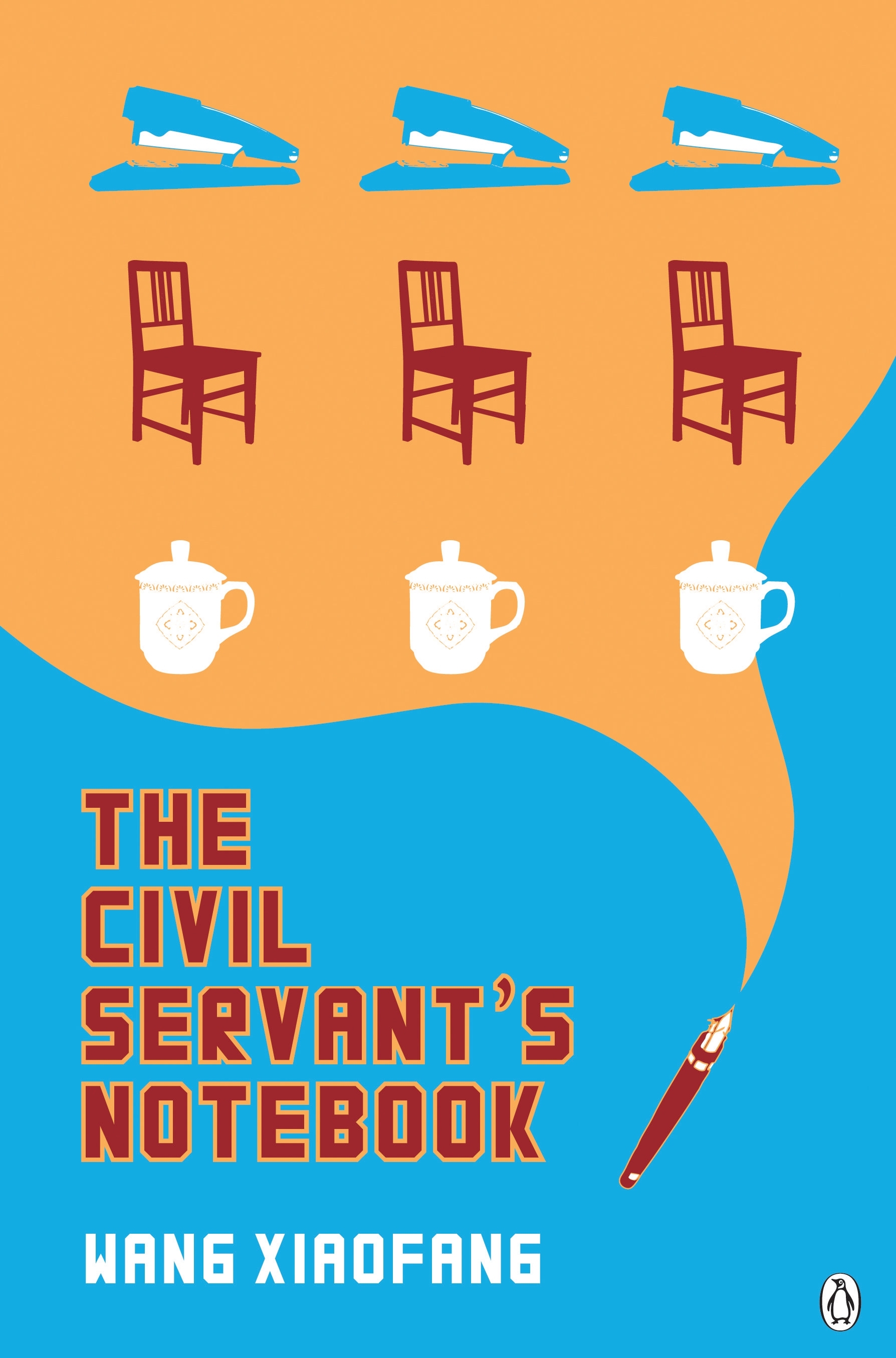Adrienne Loftus Parkins is an Asian literature
consultant in the UK. She is the director of
the annual Asia House Festival of Asian Literature. This covers writing
about Asia or Asians, including British Asian themes and authors.
I asked Adrienne how she and her team select
titles for inclusion? “We try to balance the many countries we cover, fiction
versus non-fiction and so on. Each book must be well written, interesting,
and able to contribute to one of the themes we are highlighting - we try to
focus mainly on contemporary subjects. We ask of every book we consider:
will its themes interest the audience we are trying to reach? Does it contribute
to the Asia House mission of promoting understanding of Asian or British Asian
cultures?”
The
Festival hosts some big names – this year Mohsin Hamid was a speaker. But I
wondered how it promotes emerging talent? “It's always tough to attract large audiences to events
focused on new authors, particularly if they are writing fiction. Like
most other festivals, we try to pair debut authors with more established ones.
Often we try to build debut fiction discussions around themes that we
think will attract interest and, therefore, a large audience. Sometimes
we invite groups of students or others to come in advance of the events to meet
debut authors in a quieter setting.”
When not working with Asia House, Adrienne
undertakes many other projects. In the UK, plans are afoot to commemorate World
War 1, 1914-1918. Adrienne is currently working with one organisation to
provide a series of literary events related to the war, and what was then happening
worldwide, particularly in Asia. She is
also working with the British Council and London Book Fair (LBF) on ways to
help promote Korean literature in the UK – LBF will next year provide a
platform for Korean publishers to showcase content. Finally, she is working on an initiative to draw
together several worldwide literature festivals focusing on Asia, with
the idea of cooperating to develop the market for Asian writing and writers.
That’s a lot! I asked Adrienne what she most enjoys abut her
work, and what most frustrates her? “The most frustrating things are
logistics and funding. It's increasingly difficult to get funding for any
arts related projects in the UK. Add to that
the challenge of getting funding from companies who are mostly country or
region specific when we are featuring authors from many different countries.
There’s also the frustration of finding a great author with a new book
but not being able to get him or her to the UK for the Asia House Festival. So many of the really relevant
authors are based in countries across Asia, and being pan-Asian, it's difficult
to get the support of one airline that can help
with transporting them.
What I most enjoy is meeting so many
interesting, lively people - authors and others involved in literature and
current affairs. It's fascinating to hear contrasting opinions on issues that
we get only one side of through our media. I love being able to put together
a lively discussion that is a little controversial and motivates audiences to
get involved through questions and debate. Another thing I love is having
the opportunity to read so many books that I might not know about or have
access to if I didn't run a literary festival. This can also be a bit
frustrating in that I have very little time to read anything that isn't about
Asia!”
Find our more about Adrienne at www.theasianword.co.uk
For more on Asia House visit http://asiahouse.org/



